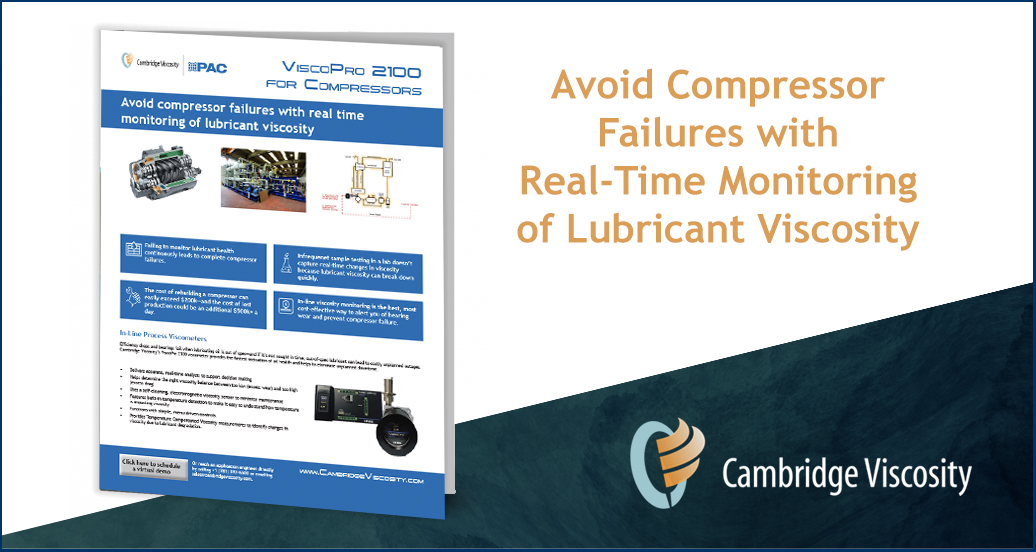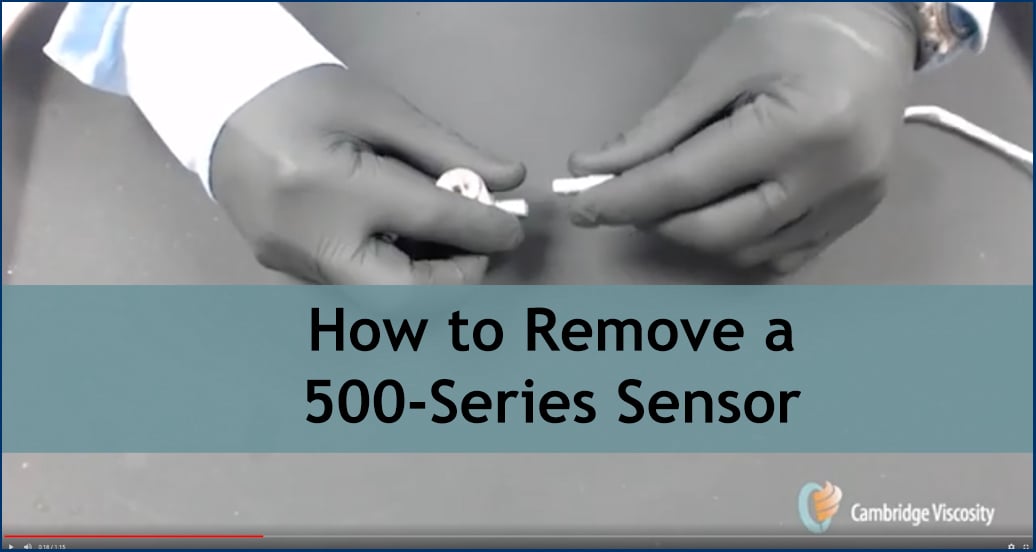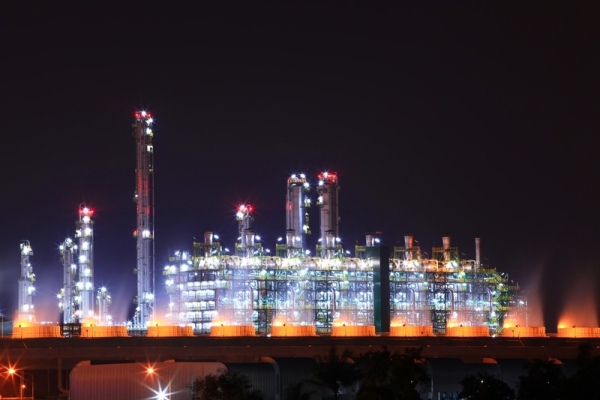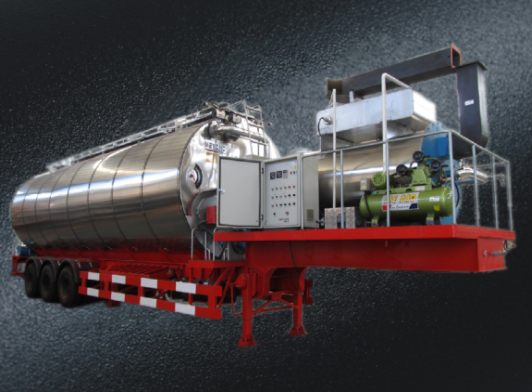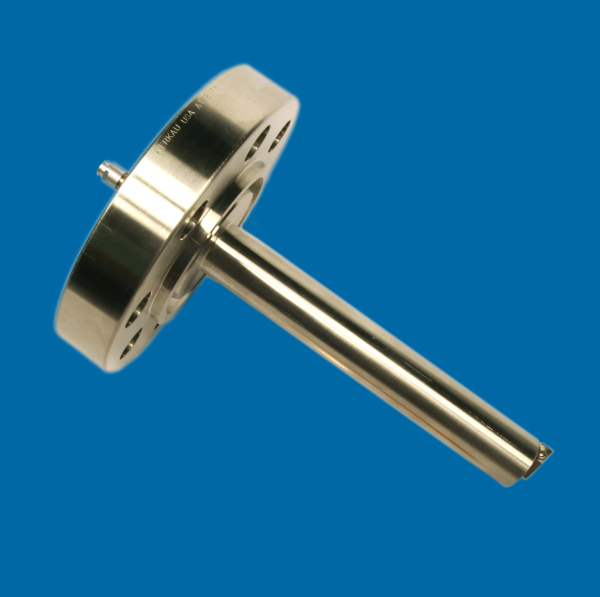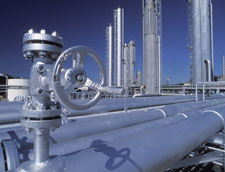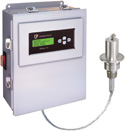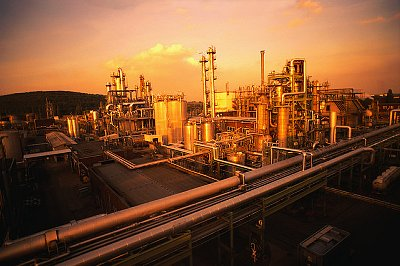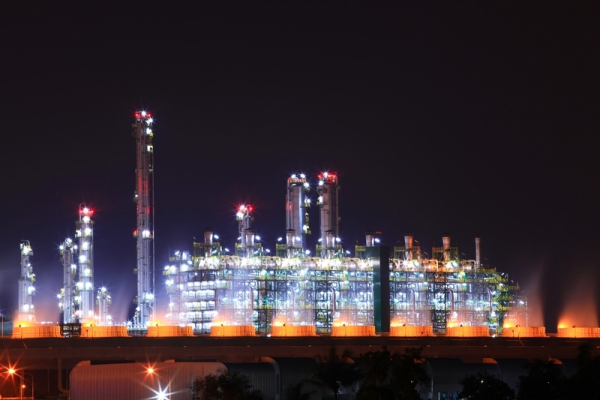Efficient oil reservoir analysis relies on understanding the behavior of reservoir fluids under varying conditions. This is where viscometer measurement improves the process, offering a window into the viscosity and flow properties of these fluids. Cambridge Viscosity’s ViscoLab PVT+ viscometer equips reservoir engineers with the ability to assess the fluid’s viscosity, even under extreme pressure and temperature conditions, mirroring real-world reservoir scenarios.
Admin
Recent Posts
Viscometer Measurement: A Glimpse into Reservoir Fluid Dynamics
Sep 26, 2023 11:41:02 AM / by Admin posted in viscosity control, oil reservoir viscosity, viscosity management, ViscoLab PVT+
Part 3 - Challenges Optical Lens Manufacturers are Facing in 2023
Aug 10, 2023 1:13:04 PM / by Admin posted in Coating, ViscoPro 2100, optical coating viscosity
We originally wrote this document in 2021 to highlight the challenges that optical manufactures are facing. Now, two years later, Cambridge Viscosity has again looked at the industry and identified some of the most critical challenges faced by optical lens manufacturers.
Part 2 - Challenges Optical Lens Manufacturers are Facing in 2023
Aug 1, 2023 9:27:44 AM / by Admin posted in Coating, ViscoPro 2100, optical coating viscosity
We originally wrote this document in 2021 to highlight the challenges that optical manufactures are facing. Now, two years later, Cambridge Viscosity has again looked at the industry and identified some of the most critical challenges faced by optical lens manufacturers.
What Challenges are Optical Lens Manufacturers Facing in 2023?
Jun 29, 2023 11:38:01 AM / by Admin posted in Coating, ViscoPro 2100, optical coating viscosity
We originally wrote this document in 2021 to highlight the challenges that optical manufactures are facing. Now, two years later, Cambridge Viscosity has again looked at the industry and identified some of the most critical challenges faced by optical lens manufacturers.
Avoid compressor failures by monitoring lubricant viscosity
May 18, 2023 9:14:35 AM / by Admin posted in gas compressor, compressor viscosity, ViscoPro 2100
Click to download the one-page pdf detailing how Cambridge Viscosity helps refineries avoid compressor failures.
How to Remove a Series 500 Piston
Jun 29, 2021 7:45:00 AM / by Admin posted in 571 sensor, viscosity control, viscosity management, lens viscosity, in-line viscometers, 500 series viscometer
Recently, a few of our team members created a video to help a customer with a minor issue they were having. We thought that if one customer might have the issue, another might, also, so we uploaded the video, How to Remove a Cambridge Viscosity 500 Series Viscometer Piston, in case it could help other customers.
Oil Viscosity Index Standardized Using In-line Viscometer
Sep 10, 2020 8:26:16 AM / by Admin posted in process viscometers, oil viscosity, refining
A leading worldwide maker of premium base oil for lubricants, based in the western United States, has standardized on Cambridge Viscosity
Metong Machinery Company uses In-Line Viscometers for Asphalt Coating
Jan 21, 2020 8:00:00 AM / by Admin posted in VISCOpro2000, process viscometers, monitor viscosity, viscosity control, fuel combustion, asphalt viscosity
Boston—Cambridge Viscosity’s in-line viscometer, VISCOpro 2000, is being used by Zhejiang Metong Machinery Company, a leading producer of road construction and maintenance equipment.
The company’s primary products include truck-mounted asphalt systems sold worldwide, asphalt melting equipment and the largest emulsified asphalt plant in China.
Metong’s MT-AR50 Portable Reaction Tank is specially designed for reaction, storage and transportation of rubberized asphalt. Used to pave asphalt roads, the waste tire rubber powder and rubberized asphalt mixture improves pavement function, extends service life and reduces the environmental pressure caused by waste tires. Rubberized asphalt meets the national policy of building a conservation-minded society and developing a cyclic economy.
Metong uses Cambridge’s in-line viscometers to monitor and control asphalt viscosity for their truck-mounted systems. Viscosity is key in monitoring the quality of the rubberized asphalt. In the tank, the asphalt’s viscosity changes according to temperature and the length of time it is contained. The sensors help to maintain constant viscosity by adapting the temperature as needed to obtain a more consistent spray pattern, allowing an even coating to be sprayed onto the road for a higher quality result.
“Viscosity is one of the most important parameters for providing consistent spray patterns for our asphalt application,” explains Technical Engineer Mr. Yang. “We considered several other technologies such as rotational and vibrational viscometers but found the Cambridge viscometer to be the best choice for us due to its compact size, simple design and rugged construction,” says Technical Director Mr. Feng.

About Cambridge Viscosity
Cambridge Viscosity is the leading supplier of automated viscometers used by oil exploration and refining, coating, chemical and life science companies to optimize product and process performance. Cambridge Viscosity's sensors and viscometer systems conform to ASTM, DIN, JIS and ISO standards, with a range of models designed to meet specific industry and application needs.
Type certifications include ATEX, CE and FM. CSA certification is available upon request. Cambridge's global reach provides application engineering support and service wherever and whenever needed.
New Rugged Viscometer Withstands Harsh EOR Conditions
Nov 20, 2019 8:00:00 AM / by Admin posted in VISCOpro2000, process viscometers, 393 sensor, Exploration, EOR, ViscoPro 2100
Boston—Cambridge Viscosity has developed a rugged, RTJ-flanged in-line process viscometer for a leading global oil company’s Enhanced Oil Recovery (EOR) application in the North Sea. Cambridge designed the SPL-393 viscometer for use offshore, where safety and reliability are not just a priority but also a necessity. The new viscometer meets all electrical, plumbing material, pressure and temperature requirements for use on a platform where environmental conditions can reach extremes.
The sensor connects into a pipeline using a standard ANSI class 900/1500 2" RTJ round flange. The rugged 316SS construction can withstand up to 2200 PSI and 190 degrees C, and has long penetration for large diameter pipes. The SPL 393 satisfies ASME PTC 19.3 Thermowells requirements. The new sensor is designed for highly accurate, repeatable viscosity readings and clean-in-place simplicity. Coupled with Cambridge's standard VISCOPro 2000 or ViscoPro 2100 electronics, the sensor has sophisticated multi-shear compatibilities.
Cambridge Director of Engineering Dan Airey says, "We are very excited to introduce this product designed to meet the specific needs of the petroleum industry. The initial application of the SPL-393 sensor in EOR oil production improves production efficiency while withstanding harsh offshore drilling conditions. Our customer is achieving repeatable, reliable viscosity measurements that contribute to better control of EOR operations.”
About Cambridge Viscosity
Cambridge Viscosity, a leader in small sample viscometer systems for laboratory and process environments, designs automated viscometers used worldwide in petroleum, exploration and refining applications to ensure accurate viscosity in both lab and operations. Cambridge’s worldwide reach is important for providing application engineering support and service wherever and whenever needed.
Cambridge Viscosity’s sensors and viscometer systems conform to ASTM, DIN, JIS and ISO standards, with a range of models designed to meet specific industry and application needs.
To learn more visit www.cambridgeviscosity.com.
Medical and Optical Coating Viscosity Control: Lessons Learned
Oct 17, 2019 8:05:00 AM / by Admin posted in process viscometers, viscosity control, coating viscosity, biotech, Coating
Uniform film thickness is essential for effective optical and medical coatings. If the film thickness on a medical device is not correct, the product will not interact properly with the body. If an optical film is too thin, its product efficacy is impaired; if too heavy, visual performance is frequently compromised. Viscosity is critical for maintaining desired film thickness. As the preferred viscometer supplier for many medical and optical coatings worldwide, Cambridge Viscosity has identified seven critical factors for optimal performance.
Refinery Viscosity Management: Lessons Learned
Sep 19, 2019 8:00:00 AM / by Admin posted in oil viscosity, refining, asphalt viscosity
Viscosity is one of the most important measures of refinery product quality. All refinery products are graded by viscosity.
Significant efforts are spent throughout refinery operations in achieving viscosity targets. Working with customers worldwide, Cambridge Viscosity has identified five factors most important for efficient and effective refinery viscosity management.
Leading Refiner Uses Explosion-proof Enclosures for Asphalt Viscosity
Jul 31, 2019 1:12:00 PM / by Admin posted in chemical processing, enclosure, explosion-proof, refining
Faced with improving viscosity control in a challenging processing environment, a leading South American oil refiner turned to Cambridge Viscosity. Cambridge responded by developing explosion-proof mounting enclosures to augment the viscosity control system the company relies upon for highly accurate viscosity measurement.
Perfecting Compressor Refrigerant-Oil Balance
Jun 18, 2019 8:00:00 AM / by Admin posted in PVT, oil analysis, compressor viscosity, refrigerant viscosity
For Immediate Release
Major Refinery Improves Profitability with Viscosity Monitoring
Apr 1, 2019 10:00:00 AM / by Admin posted in process viscometers, 392 sensor, oil viscosity, monitor viscosity, refining, VISCOpro1600, compressor viscosity
Boston—Machinery failures, downtime and maintenance labor costs can kill a refiner’s bottom line profits. A major US oil company with refinery installations in North and South America has installed several Cambridge Viscosity VISCOpro viscometers to monitor oil viscosity, providing engineers with real-time information on oil quality. The viscometers utilize Cambridge’s 392 process sensors and are Class 1 Div 1 Group B, C, and D certified.
Expanded Lubrication Oil for Gas Compressors
Mar 12, 2019 7:59:00 AM / by Admin posted in process viscometers, lube oil, refining, gas compressor, oil monitoring, compressor viscosity
FOR IMMEDIATE RELEASE




